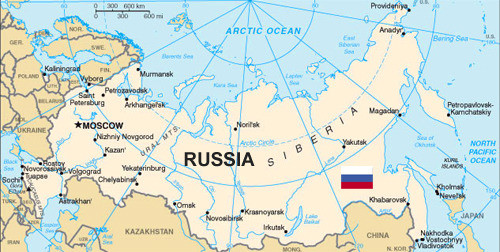Protest Movement Must Broaden Its Agenda or It will Ebb After September 8, Makarkin Says

(Paul Goble – Window on Eurasia – Staunton, August 11, 2019)
Many observers, impressed by the growth of the number of people coming out to protest in Moscow in recent weeks, have ignored two important aspects of the situation that are likely to lead to the dying out of this wave of demonstrations rather than to its further expansion, Aleksey Makarkin says.
On the one hand, the Moscow political analyst points out, they have forgotten that the issue that has brought Muscovites into the streets will no longer matter given that it is primarily about the registration of candidates for an election that will take place September 8 (facebook.com/a.makarkin/posts/2339850712796360 reposted at newtimes.ru/articles/detail/183703).
After that date, the question of access to the ballot by candidates will not have the same meaning that it does now, he suggests, and it will become ever more obvious that “those speaking out now have something to say to Moscow but at present, they do not have something to say to the country as a whole.”
Yes, the Moscow protesters have received support from around the country — see windowoneurasia2.blogspot.com/2019/08/not-just-moscow-protests-took-place-in.html – but that support has been about the question of registration of candidates in Moscow rather than about broader issues.
And on the other hand, Makarkin continues, “the issues which really agitate people [across the Russian Federation] are prices, pensions, social security and environmental protection” rather than the ability of candidates to gain access to the ballot as important as that is to the Moscow protesters.
“If by fall, the opposition will succeed in integrating these themes into its agenda, then the situation could become serious,” the Moscow analyst concludes. But “if not, then the protest [now on public view] will be significant but local – and therefore over time will attenuate rather than grow.”
What he does not address in this post are two possibilities that may open the way to more dramatic developments. On the one hand, the response of the authorities to the demonstrations by its very brutality may work to mobilize people. And on the other, demonstrations are a kind of civil society school: when people take part in one, they are more ready to take part in others.
